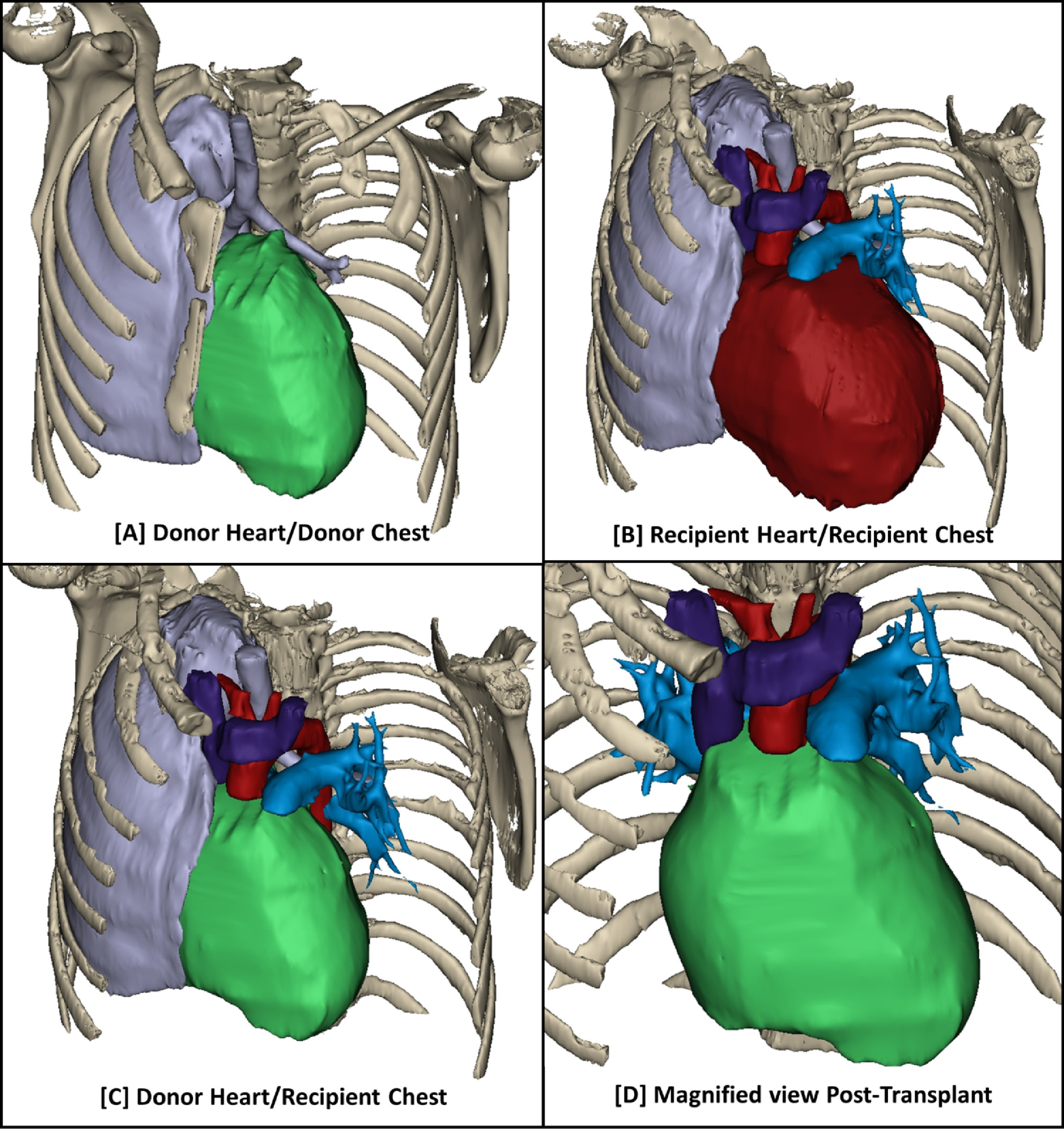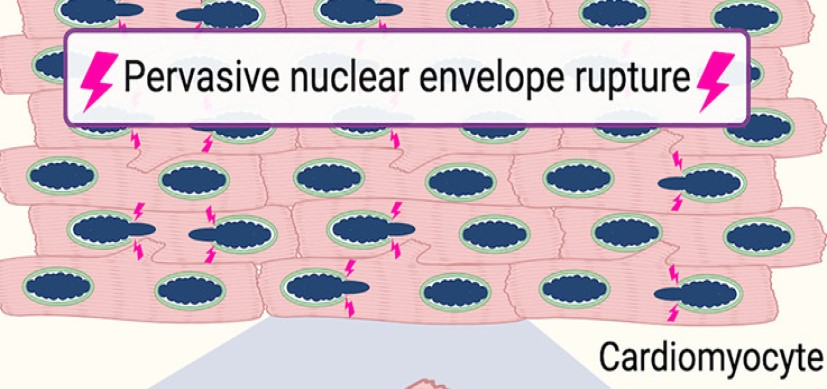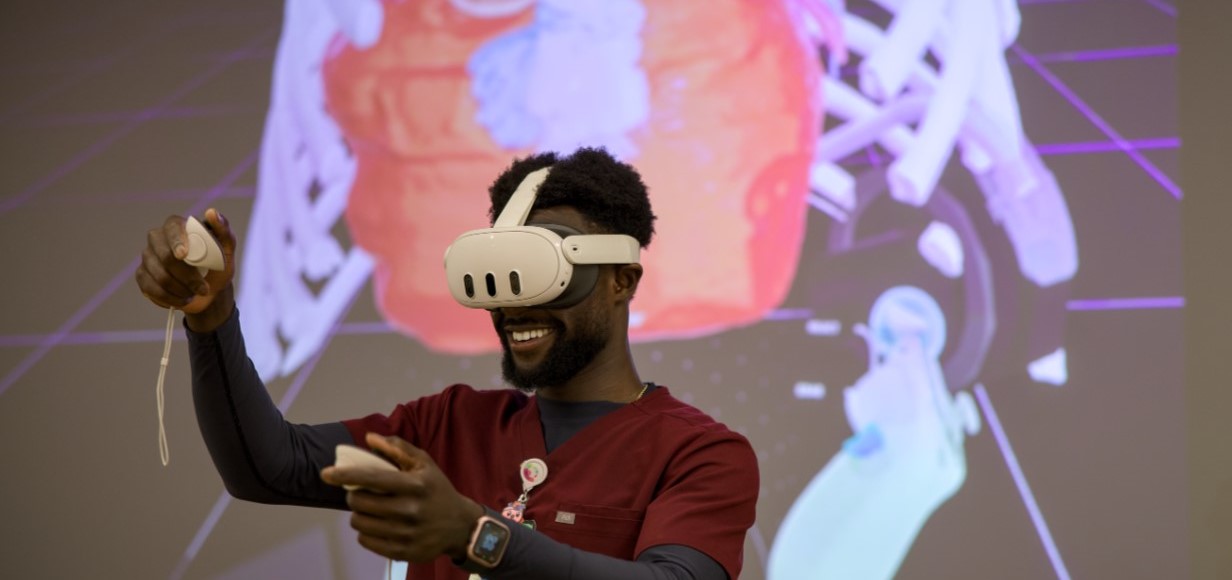Using More ‘High-Risk’ Donor Organs Can Reduce the Pediatric Heart Transplant Waiting List
Research By: Kyle Riggs, MD | Farhan Zafar, MBBS | David Morales, MD
Post Date: January 7, 2020 | Publish Date: Nov. 14, 2019

“One in five children die awaiting a suitable donor heart, and some of these potential recipients missed their opportunity because they were offered donor hearts that transplant programs refused because they were thought to be of poor quality.”
—David Morales, MD
An improved matching system that uses the latest technology to couple optimal organ donors with transplant recipients could dramatically reduce the numbers of children who die waiting for heart transplants, according to new research from experts at Cincinnati Children’s.
The study, published online in the Annals of Thoracic Surgery, demonstrates that many donor hearts deemed “high-risk” can be transplanted with the same survival rates as “low-risk” donor hearts.
“One in five children die awaiting a suitable donor heart, and some of these potential recipients missed their opportunity because they were offered donor hearts that transplant programs refused because they were thought to be of poor quality. However, these hearts were often transplanted into other donors with good results,” says David Morales, MD, Director of Congenital Heart Surgery at Cincinnati Children’s and the study’s senior author.

In addition to variations in how transplant centers assess the quality of donor organs, differing size-related standards used by transplant centers can limit organ availability for children, according to Morales.
However, 3-dimensional modeling, virtual surgery and artificial intelligence technologies offer the potential to provide more-precise size matching.
“If novel virtual transplantation techniques are used, the number of acceptable donor hearts for each patient will increase because ranges will be individualized to that specific patient’s heart size and not by a less-precise estimation, such as age or weight,” says Ryan Moore, MD, Director of the Heart Institute Digital Media and 3D Modeling Program.
Read Jan. 30, 2020, Q&A with Dr. Morales in Cardiology Today
Read more about this heart transplantation finding
| Original title: | Pondering Higher-Risk Pediatric Heart Donors: Can We Use More? |
| Published in: | Annals of Thoracic Surgery |
| Publish date: | Nov. 14, 2019 |
Research By









